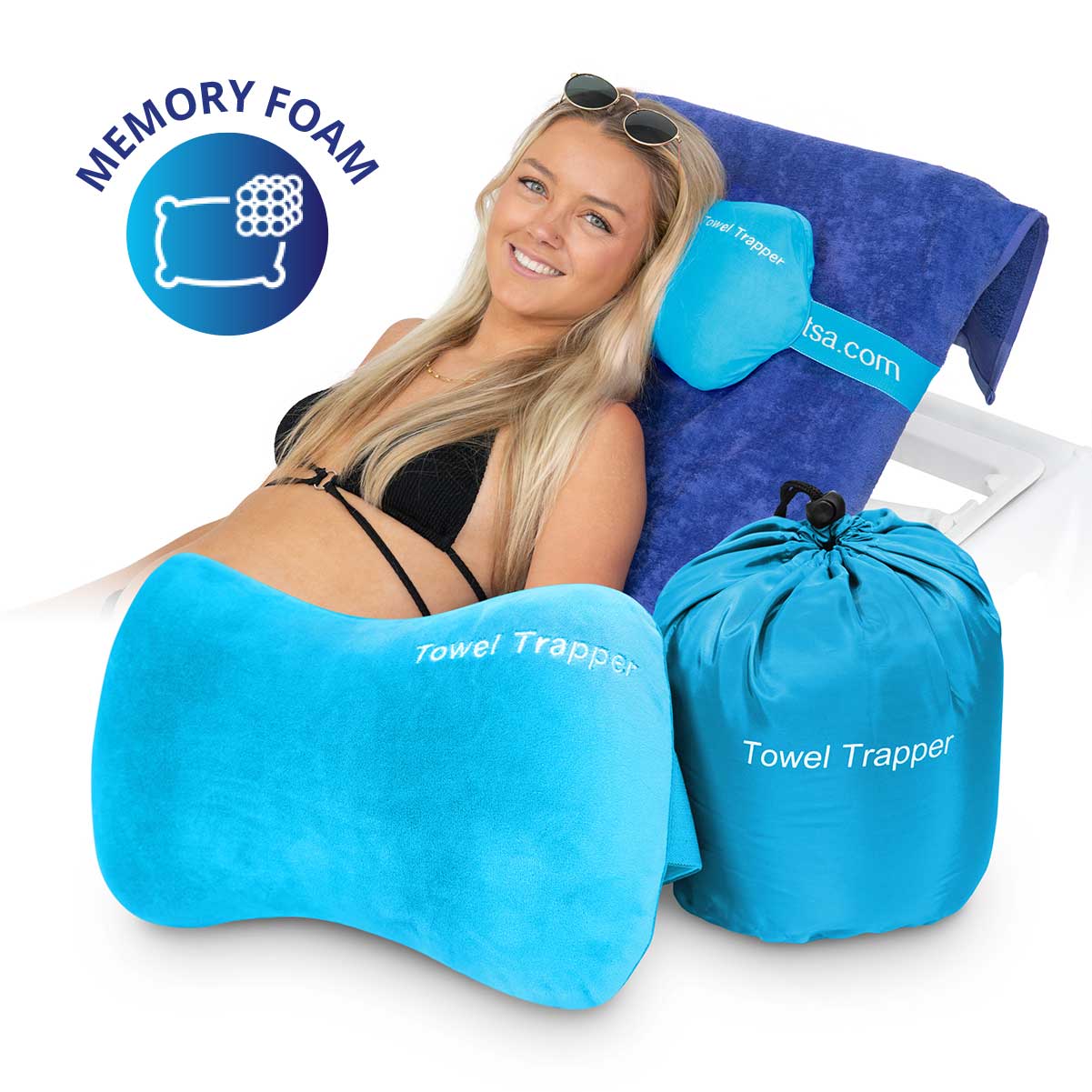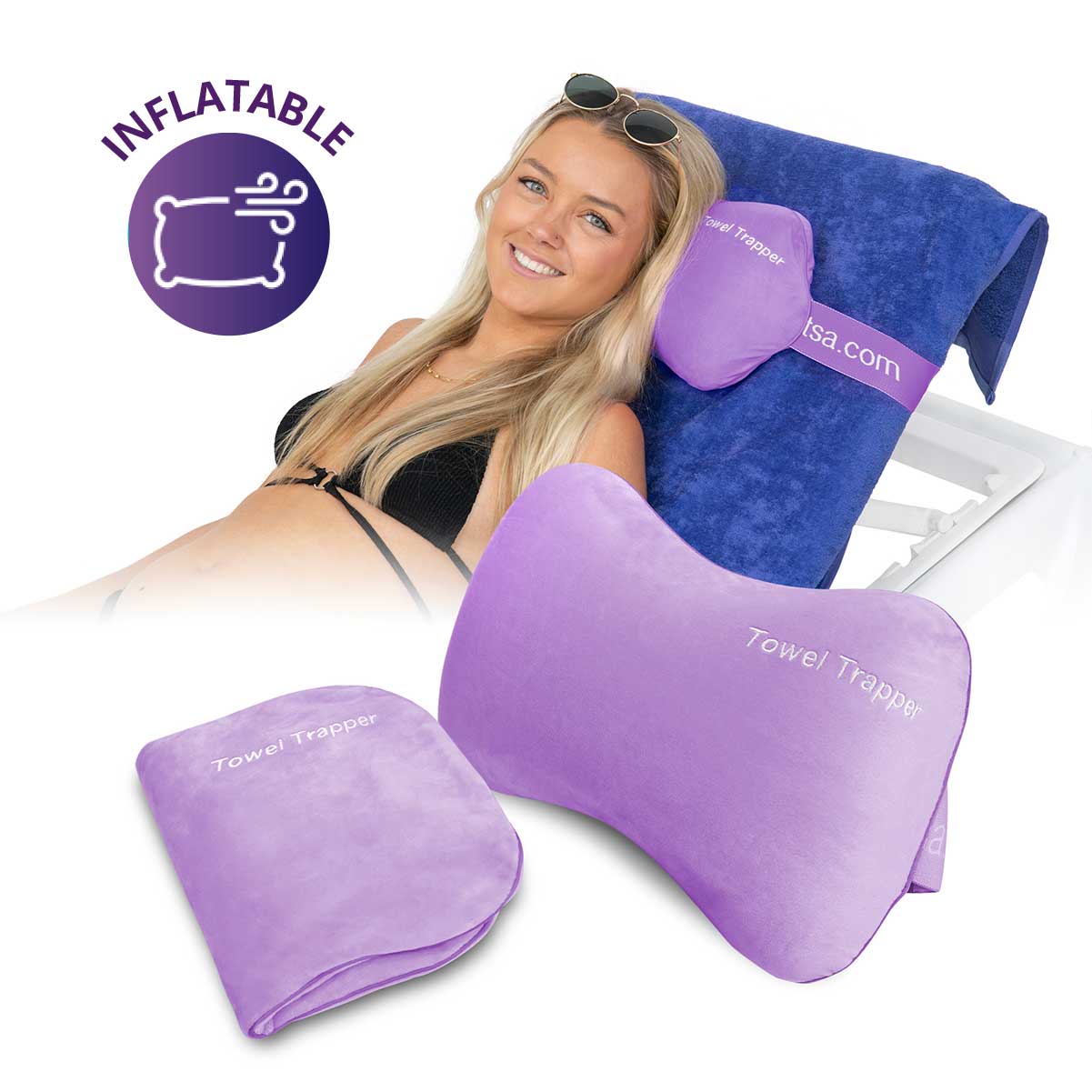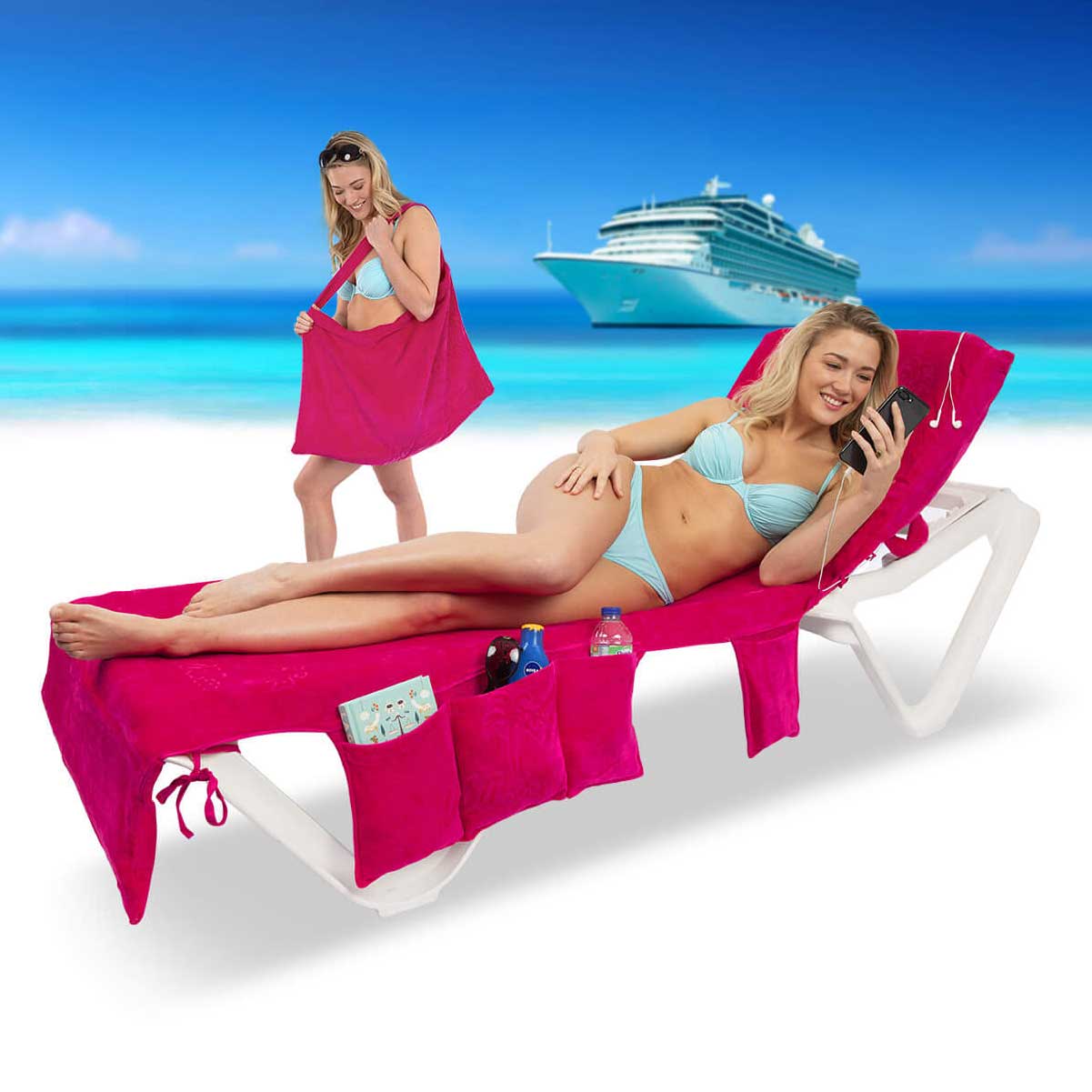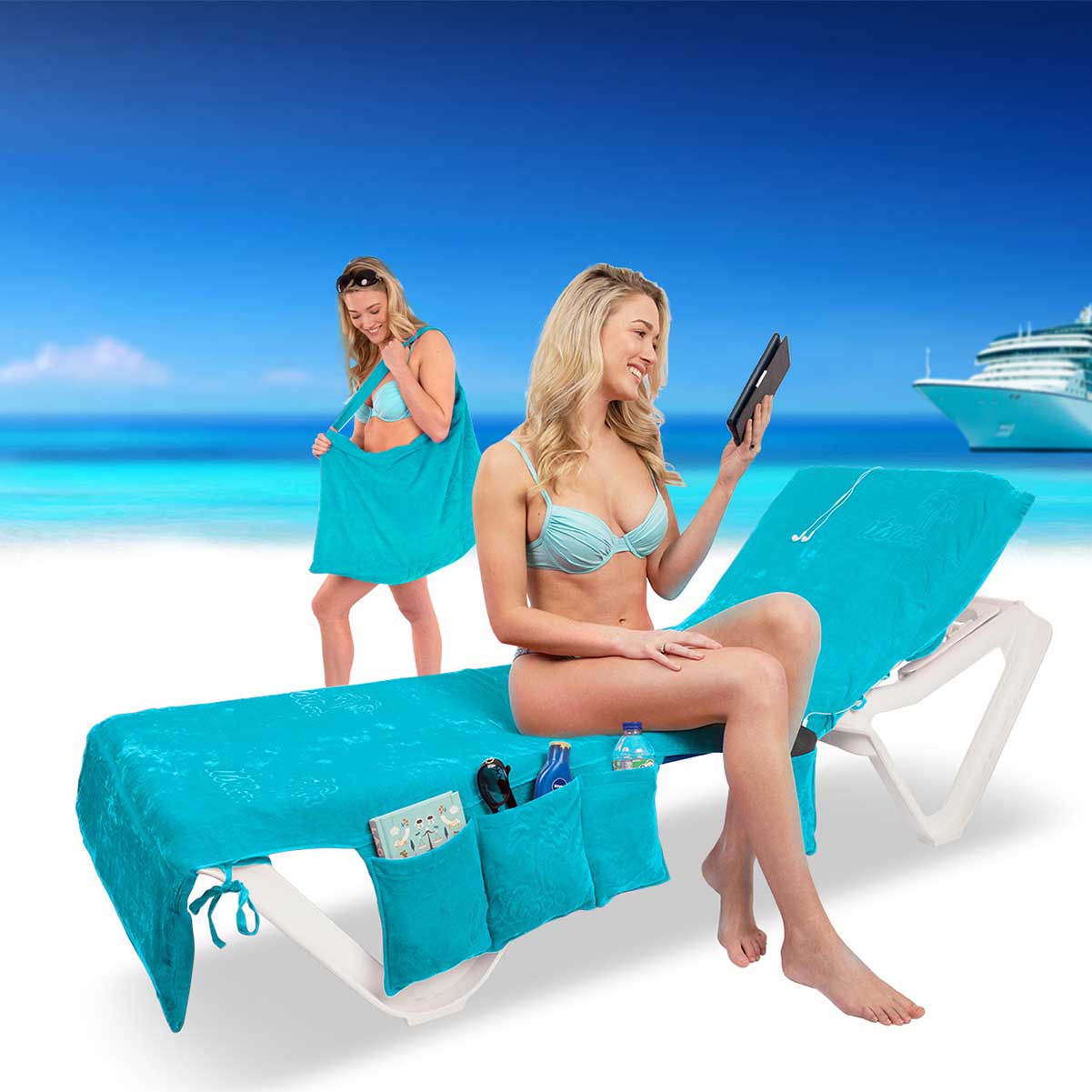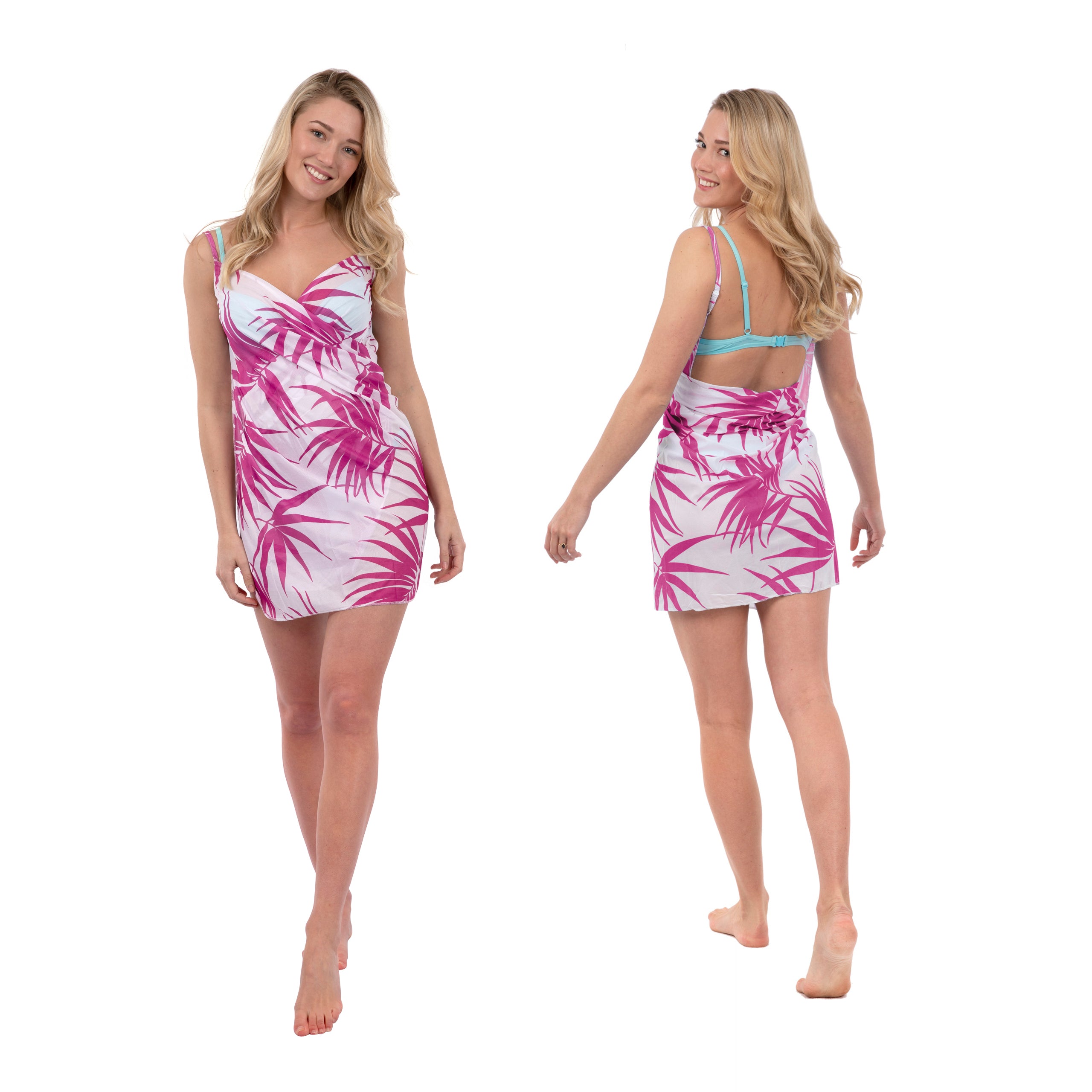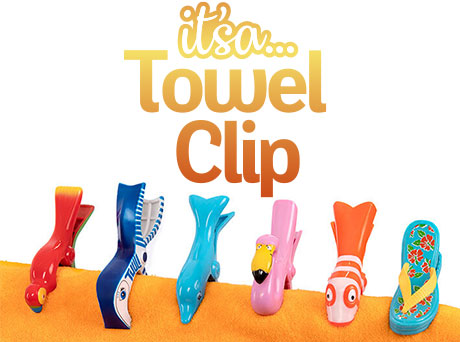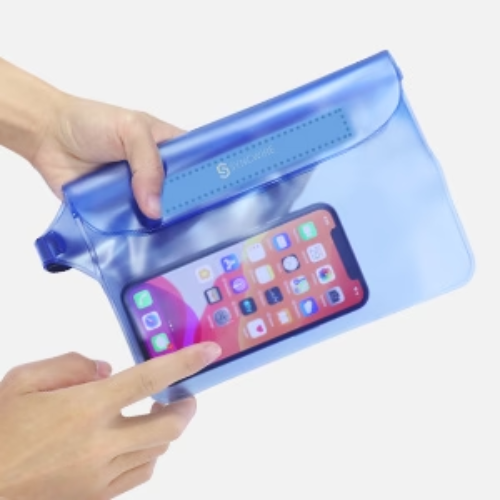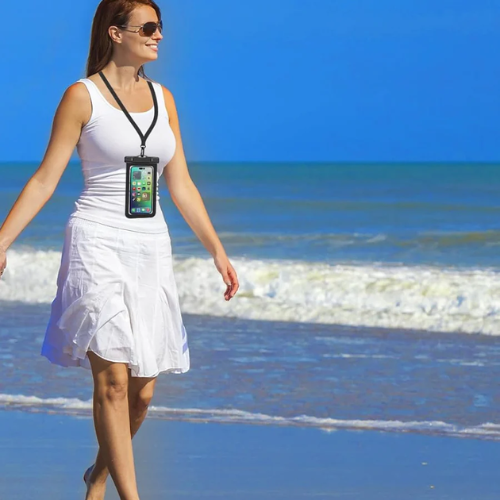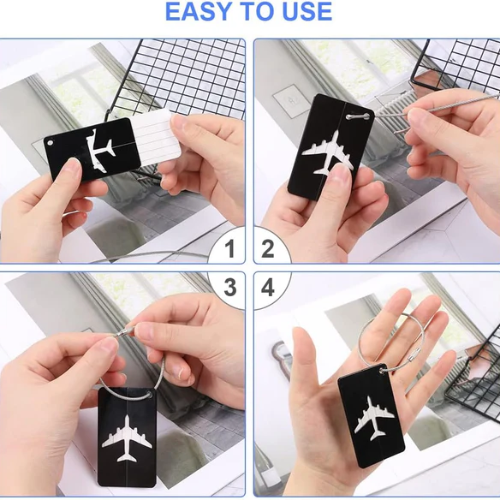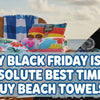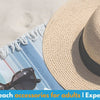Why Black Friday Is the Absolute Best Time to Buy Beach Towels
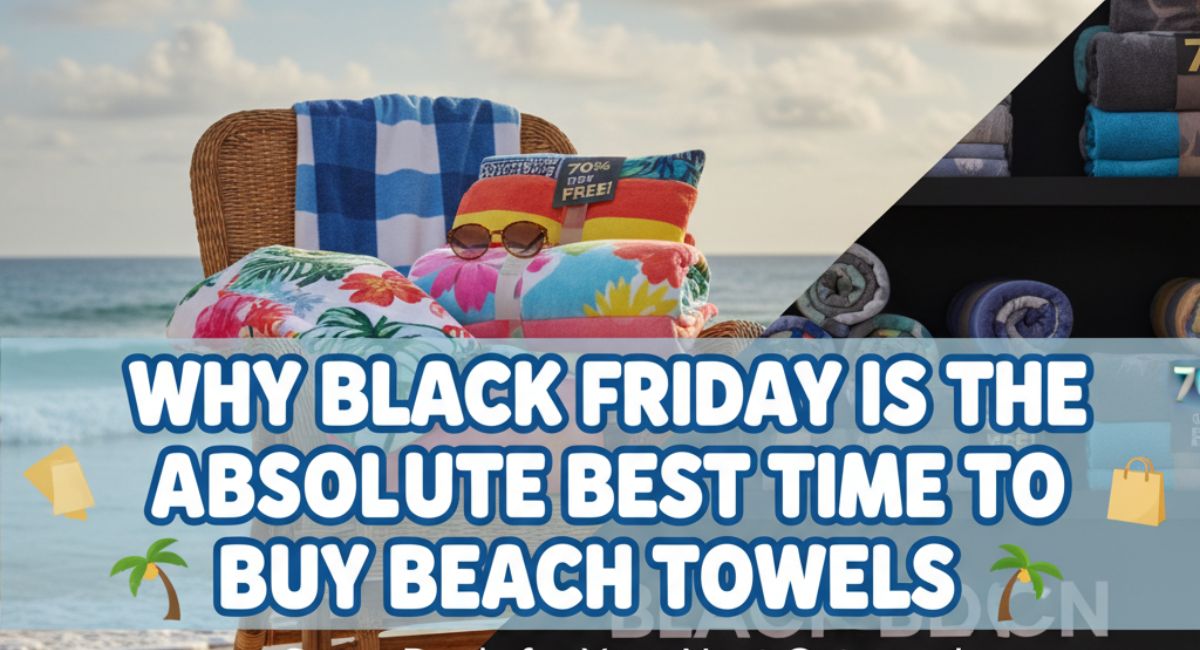
Is Black Friday a good time to buy beach towels? Yes, it is statistically the best time of the year for this category. This is due to inventory lifecycle management. Best Beach accessories like towels are high-volume items that consume significant physical warehouse space. In November, retailers face a storage crisis and must clear bulky summer stock to accommodate Christmas inventory. Consequently, shoppers can stack Black Friday sitewide discounts on top of existing end-of-season clearance prices, often resulting in savings of up to 70% on luxury Egyptian and Turkish cotton.
1. The "Dead Stock" Dilemma: Why Prices Plummet
To understand why the deals are so good, you have to think like a warehouse manager. In the retail world, a beach towel sitting and towel clip on a shelf in November is what is known as "Dead Stock." It is costing the business money simply by existing.
Towels are bulky. A pallet of plush beach towels takes up the same amount of space as hundreds of high-value electronic items or thousands of cosmetics. In November, that shelf space is more valuable than gold because retailers need it for Christmas trees, decorations, and gift sets.
Buying a towel in July is like buying a rose on Valentine's Day; you are paying a premium for immediacy and demand. Buying in November means you are helping the retailer solve a logistical problem. They effectively pay you (via massive discounts) to take the inventory off their hands.
The Strategy: Look for "previous season" prints. A classic stripe or a geometric pattern does not expire like a pint of milk. A 2024 stripe dries you just as well as a 2025 stripe, but it costs half as many quid.
2. Beating the "January Travel Tax"
There is a nasty little retail secret that catches many holidaymakers out: prices on swimwear and beach accessories quietly creep back up in January.
This phenomenon is driven by the "Winter Sun" market. Retailers know that thousands of Brits jet off to the Canaries, Dubai, or the Caribbean for a break from the gloom. To capitalise on this, they launch new "Cruise" or "Resort" collections immediately after Christmas.
If you wait until January to buy a towel for your winter getaway, you will likely pay full RRP (Recommended Retail Price). Buying on Black Friday is essentially inflation-proofing your holiday. You are locking in a clearance price before the new season hike hits.
3. Understanding Quality: The GSM Factor
Most lifestyle blogs will simply tell you to buy a towel that "looks nice." However, if you want to shop better than the competition, you need to understand the science of the fabric.
Not all cotton is created equal. If you buy a cheap towel and towel trapper, it is like trying to dry yourself with a damp tissue; it simply moves the water around rather than absorbing it. To determine quality without touching the fabric, you must look at the GSM (Grams per Square Metre). This is effectively the "thread count" of the towel world.
The GSM Guide
-
200-300 GSM: This is very thin, similar to a tea towel. It dries incredibly fast but offers zero comfort or absorbency. These are usually found in budget souvenir shops.
-
300-400 GSM: This is standard high-street quality. It is decent for a day trip, but it will likely thin out after a dozen washes.
-
400-600 GSM (The Sweet Spot): This is where you want to be. These towels are plush, absorbent, and durable, yet not so heavy that they weigh down your luggage.
-
600+ GSM: This is luxury hotel standard. These are heavy, dense, and feel like a warm hug. However, be warned: they take a long time to dry in the British humidity.
The Black Friday Tactic: Aim for a towel in the 500 GSM range. usually, these command a premium price, but during the sales, they often drop into the affordable bracket.
4. Material Science: Turkish vs. Egyptian vs. Microfibre
Do not just click "Add to Basket" on the first colourful item you see. The fibre composition dictates how the towel performs over time.
The Heavyweights: Turkish and Egyptian Cotton
These are the Rolls Royces of the towel world. Both varieties are famous for having extra-long staples (fibres).
Why it matters: Longer fibres mean fewer joins in the yarn. Fewer joins mean the towel is smoother, stronger, and crucially, it gets softer the more you wash it.
The Difference: Turkish cotton is slightly more lightweight and dries faster than Egyptian cotton. For a beach holiday where you are in and out of the water, Turkish cotton is often the superior choice as it prevents that heavy, soggy feeling.
The Contender: Sand-Free Microfibre
Microfibre is like the smartphone of the towel world: highly technical and efficient.
The Tech: It uses a tight synthetic weave that loops flat. This means sand cannot physically get trapped between the fibres. It falls off the fabric like water off a duck's back.
The Best Use Case: These are essential for families with young children (keeping the car boot sand-free) and backpackers with strict luggage limits.
5. The Cost-Per-Use Economics
When you buy a cheap £10 towel from a supermarket, it often becomes rough and scratchy after one summer. It ends up demoted to the "dog towel" pile or used to wash the car.
If you spend £25 on a high-quality Turkish cotton towel during a Black Friday sale (down from £60), that towel will last you for five to ten years.
Investing in quality during a sale is not just luxurious; it is mathematically sound.
A Buyer’s Checklist: Don't Get Caught Out
Before you swipe your card, run your potential purchase through this checklist to ensure you are not buying low-quality stock disguised as a bargain.
Check the Size: This is the most common trap. A standard bath towel is approximately 70x125cm. A proper beach towel needs to be 100x180cm or larger. If it is smaller, your head will be on the cotton, but your feet will be in the sand.
Check the Weave Type: Look for the term "Yarn Dyed" rather than "Printed."
Yarn Dyed: The threads are dyed specific colours before they are woven into the pattern. The colour is locked in and will last forever.
Printed: The image is stamped onto the top of a white towel. If you brush the pile the wrong way, you see white streaks. These fade rapidly.
Check for Oeko-Tex Certification: This international standard guarantees the textile was made without harmful chemicals. This is essential if you have sensitive skin or are buying for children.
Frequently Asked Questions
Q: Is velour or terry towelling better for the beach?
A: It is a trade-off. Velour involves shearing the top loops of the towel to create a flat, velvet-like finish. It looks premium and feels incredibly soft to lie on, but it is less absorbent than terry. Terry has the loops intact, making it super absorbent but more prone to snagging on jewellery or twigs. The ideal compromise is a "dual-sided" towel: velour on the front for lounging, and terry on the back for drying.
Q: Can I use fabric softener on beach towels?
A: No, you should avoid it. Fabric softener works by coating fibres in a thin layer of wax to make them feel slick. This wax layer makes the towel water-repellent (like a raincoat), drastically reducing its absorbency. To keep towels soft, add a cup of white vinegar to the rinse cycle occasionally; this strips away detergent buildup and restores fluffiness.
Q: What is a Peshtemal and why are they popular on Black Friday?
A: A Peshtemal is a traditional flat-woven Turkish towel. Because they lack the "loops" of a standard towel, they are as thin as a sheet, pack down to the size of a burrito, and dry almost instantly. They are a favourite among travellers and often see deep discounts during sales as they are considered a niche item in the UK.
Conclusion
Buying a beach towel when the heating is on requires a bit of imagination. You have to close your eyes and picture the warm sun on your back rather than the frost on the windscreen. But financially, it is a no-brainer. By shopping on Black Friday, you are upgrading your lifestyle. You are swapping a thin, scratchy supermarket towel for a plush, hotel-quality sheet that will last you for years, all for the price of a takeaway lunch.
-
Posted in
beach accessories
